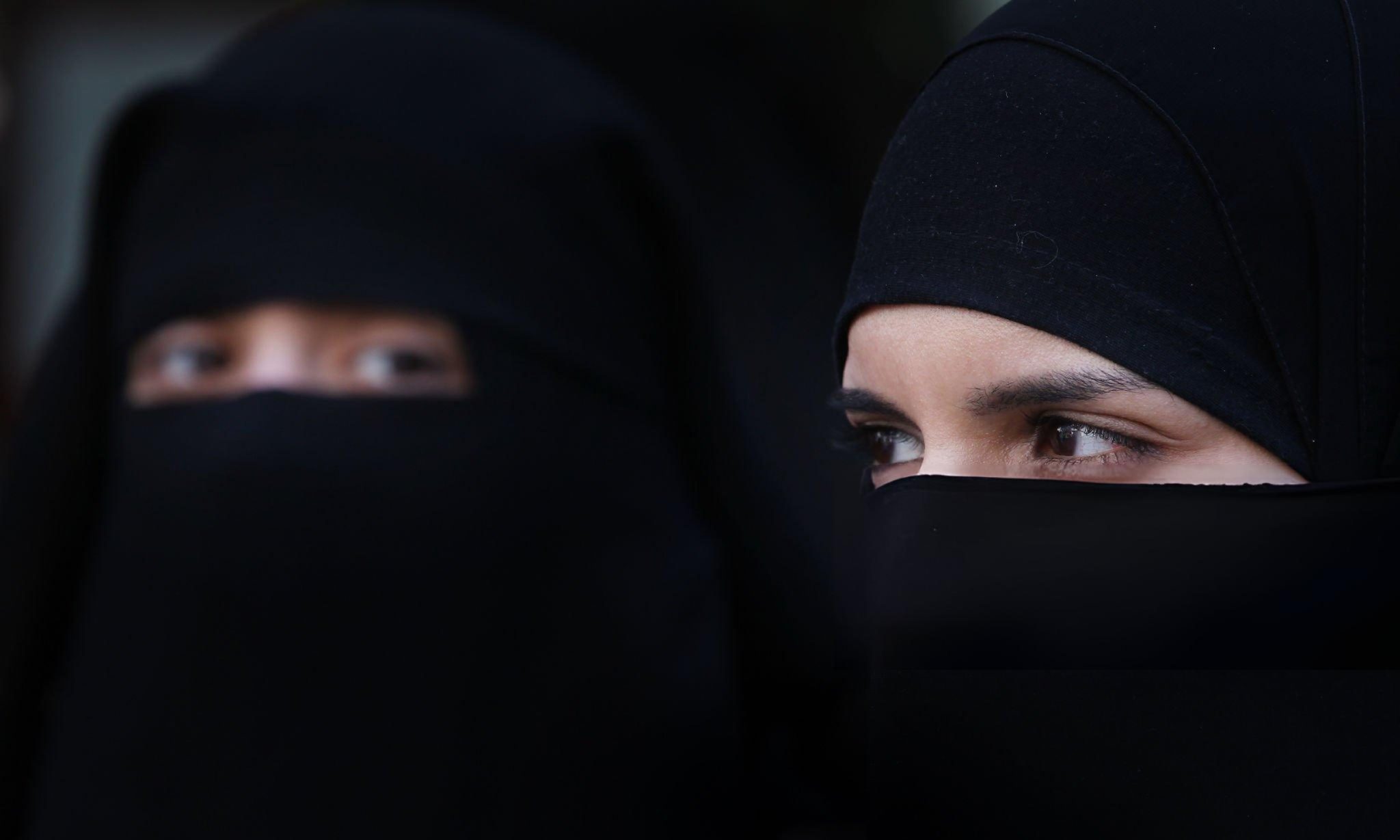The Taliban’s recent introduction of new “vice and virtue” laws, which effectively ban women from speaking or showing their faces in public, has sparked widespread condemnation from the United Nations and human rights groups worldwide. These draconian measures represent a terrifying escalation in the already severe restrictions imposed on Afghan women since the Taliban’s return to power in August 2021.
Under the new laws, which were approved by the Taliban’s supreme leader Hibatullah Akhundzada, women are required to completely veil their bodies, including their faces, in thick clothing whenever they step outside their homes. This is ostensibly to prevent men from being led into “temptation and vice.” Additionally, women are forbidden from speaking or allowing their voices to be heard in public, with the prohibition extending even to singing or reading aloud from within their homes.
“Whenever an adult woman leaves her home out of necessity, she is obliged to conceal her voice, face, and body,” the laws dictate. The restrictions on women are so stringent that they are not even permitted to look directly at men who are not their close relatives, and taxi drivers face punishment if they transport women without a suitable male escort.
These measures have been met with horror by international bodies. Roza Otunbayeva, the United Nations’ special representative for Afghanistan, described the new laws as an extension of the “intolerable restrictions” already placed on Afghan women and girls. “It is a distressing vision for Afghanistan’s future, where moral inspectors have discretionary powers to threaten and detain anyone based on broad and sometimes vague lists of infractions,” she stated. Otunbayeva further emphasized that these laws represent a deepening of the gender apartheid that has characterized the Taliban’s rule, where even the sound of a female voice is now considered a moral violation.
From a legal perspective, the new laws are seen as a stark violation of Afghanistan’s domestic and international obligations. Mir Abdul Wahid Sadat, president of the Afghan Lawyers Association, pointed out that these edicts contradict the fundamental principles of Islam, noting that the promotion of virtue has never been defined through “force, coercion, or tyranny.” Furthermore, the laws are in direct contravention of all 30 articles of the Universal Declaration of Human Rights, which Afghanistan is bound to uphold.
Human rights activists have also spoken out against these oppressive measures. Fawzia Koofi, an Afghan human rights activist and the first woman vice-president of the Afghan parliament, described the laws as a frightening indication of the Taliban’s hatred toward women. She criticized the international community’s muted response, arguing that the Taliban have been emboldened by this global indifference. “It is not only women but all human beings they are targeting. They must be held accountable,” Koofi asserted.
Shukria Barakzai, a former Afghan parliamentarian and Afghanistan’s ambassador to Norway, echoed these sentiments, condemning the international community’s apparent complicity in the Taliban’s actions. She expressed concern that organizations like the United Nations and the European Union are attempting to normalize relations with the Taliban, effectively whitewashing the group’s widespread human rights violations.
In the three years since the Taliban seized power, women and girls in Afghanistan have been systematically erased from public life. They are barred from secondary education, most forms of employment, public parks, gyms, and even beauty salons. The new “vice and virtue” laws are just the latest in a series of brutal measures aimed at controlling every aspect of women’s lives. Earlier this year, the Taliban also reintroduced public flogging and stoning for women accused of adultery, further entrenching a regime of terror and repression.
The international community’s response to these developments will be crucial in determining the future of Afghanistan’s women and girls. Without significant pressure and intervention, the Taliban’s gender apartheid is likely to deepen, with devastating consequences for the country’s already beleaguered female population.







